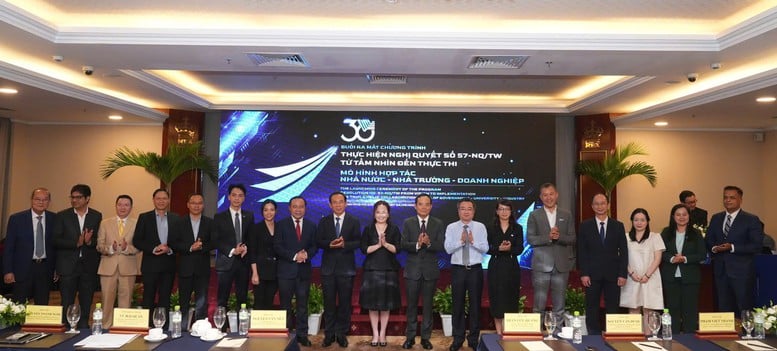
The cooperation between AgriS and VNU-HCM is part of the effort to promote the linkage model between the State - schools - enterprises, which is an important structure for sustainable agricultural development in Vietnam - Photo: VGP/Minh Thi
This cooperation is part of an effort to promote the "3-house" linkage model: State - school - enterprise, which is an important structure for sustainable agricultural development in Vietnam.
Witnessing the signing ceremony were Politburo member, Secretary of the Ho Chi Minh City Party Committee Nguyen Van Nen, Secretary of the Party Central Committee, Head of the Central Policy and Strategy Commission Tran Luu Quang, and leaders of central and local ministries, departments and branches.
According to the agreement, the two sides commit to cooperate in training and research to promote sustainable and high-tech agricultural development. The two sides will jointly design and implement integrated training and production programs, linking theory with practice.
At the same time, as a pioneer in the field of high-tech agriculture, AgriS will cooperate with VNU-HCM to implement R&D activities in the fields of agriculture and food technology, focusing on biological products serving precision agriculture and the "Zero Waste" model, contributing to promoting innovation and technology application in the agricultural value chain.
According to Ms. Dang Huynh Uc My, Chairwoman of AgriS Board of Directors, cooperation with agricultural training institutions is an indispensable part of the long-term development strategy. Schools and scientists not only provide knowledge resources, but also are the source of innovative ideas and models that can be applied in production practices.
In the context of Vietnamese agriculture being negatively impacted by climate change, declining soil quality and pressure from increasingly stringent international market standards, the coordination between scientists and businesses is considered one of the necessary solutions to maintain the competitiveness and sustainability of the industry. Enterprises such as AgriS, as investors and implementing organizations, need in-depth professional support from institutes, schools and training facilities to transform technology into practical applications.
The fact that AgriS is accompanying VNU-HCM and the "3 houses" model in the current period shows that the enterprise is promoting the direction of focusing on technological innovation, ESG (environment - society - governance) and digitalization. Thereby, the enterprise hopes to be able to accompany training institutions to develop a "market-ready" workforce, contributing to narrowing the gap between theoretical knowledge and production practice.
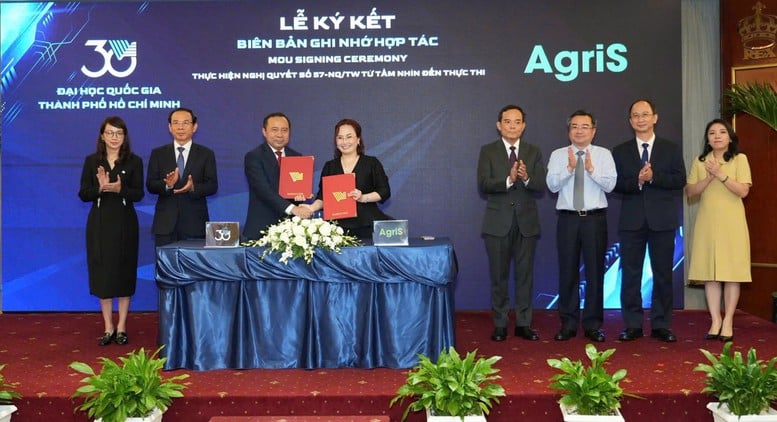
AgriS proactively connects and coordinates between parties, from academia, state agencies, to the private sector to contribute to providing practical data and giving suggestions and recommendations for the policy improvement process - Photo: VGP/Minh Thi
Previously, on May 18, AgriS participated in the National Conference to implement Resolution No. 68-NQ/TW on private economic development. At the conference, AgriS introduced an integrated agricultural ecosystem model including agricultural technology (AgTech), food technology (FoodTech), financial technology (FinTech) and an ESG governance framework.
Recent policies, such as Resolutions 57 and 68, have opened up a favorable legal corridor for businesses in the agricultural sector to transform their models. Instead of focusing solely on expanding production, investing in technology and research and development is becoming a mandatory trend if businesses want to maintain competitiveness.
A notable point in AgriS's strategy is the proactive connection and coordination between parties, from academia, state agencies to the private sector. Instead of waiting for policies to be completed, businesses participate from the stage of building experimental models, organizing training and applied research - which can contribute to providing practical data and policy criticism.
Vietnam is entering a new phase of development, where science and technology and the private economy become two parallel driving forces for growth. In this context, substantive cooperation between the government, universities and businesses is the core foundation for building an innovative nation, helping the country master technology and competitiveness, gradually affirming its position in the global value chain.
AgriS and VNU-HCM are committed to actively contributing to efforts to promote innovation, sustainability and breakthroughs of the country in the new era.
Minh Thi
Source: https://baochinhphu.vn/agris-phoi-hop-voi-dai-hoc-quoc-gia-tphcm-dao-tao-nhan-luc-nong-nghiep-cong-nghe-cao-102250525093721113.htm


![[Photo] Memorial service for former President Tran Duc Luong in Ho Chi Minh City](https://vphoto.vietnam.vn/thumb/1200x675/vietnam/resource/IMAGE/2025/5/25/c3eb4210a5f24b6493780548c00e59a1)
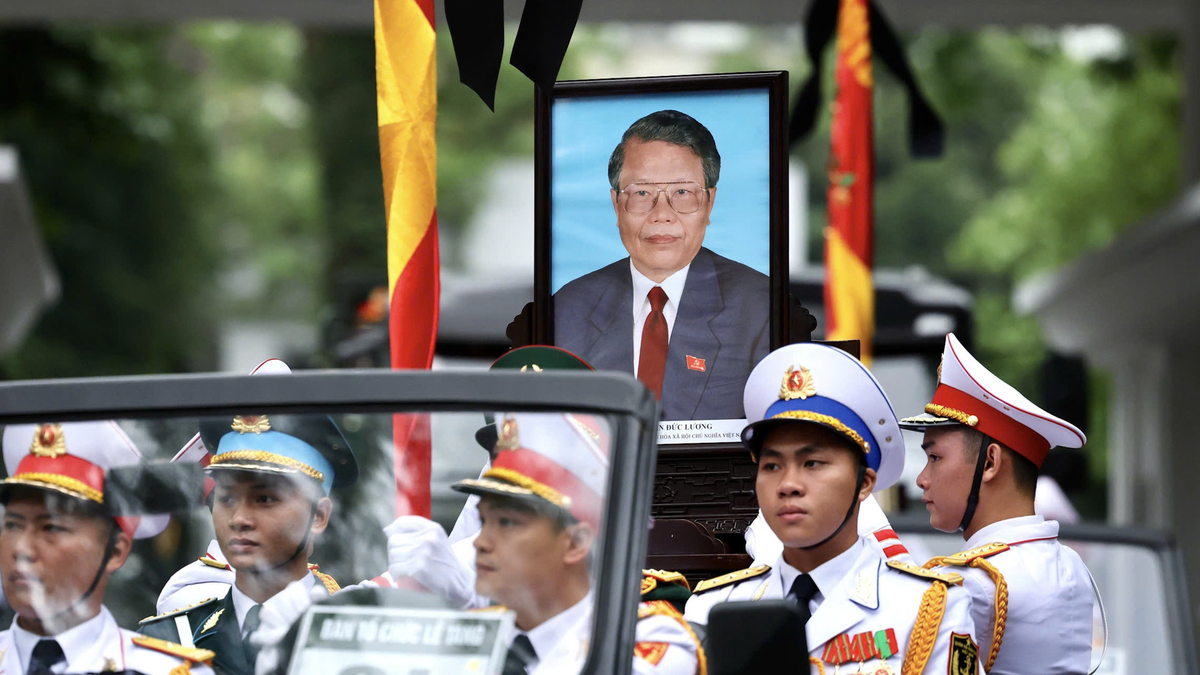
![[Photo] President Luong Cuong receives Lao Vice President Pany Yathotou](https://vphoto.vietnam.vn/thumb/1200x675/vietnam/resource/IMAGE/2025/5/25/958c0c66375f48269e277c8e1e7f1545)
![[Photo] Prime Minister Pham Minh Chinh meets the Vietnamese community in Malaysia](https://vphoto.vietnam.vn/thumb/1200x675/vietnam/resource/IMAGE/2025/5/25/1f11d1256d7745a2a22cc65781f53fdc)
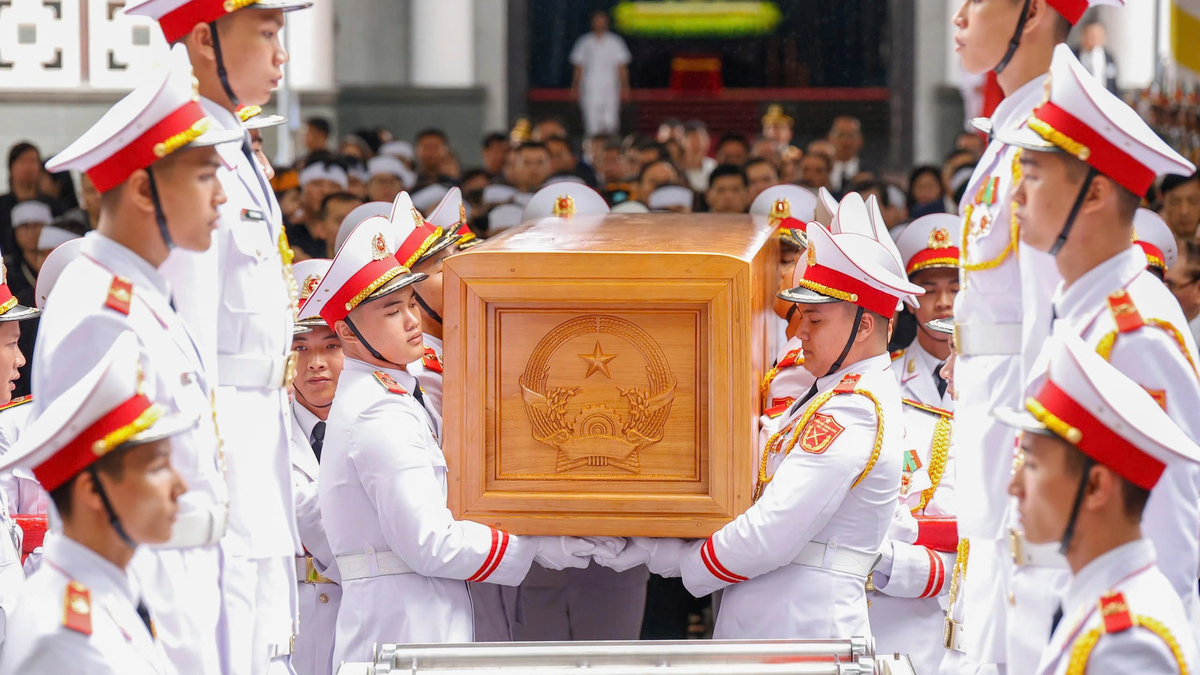
![[Photo] President Luong Cuong receives Vice President of the Cambodian People's Party Men Sam An](https://vphoto.vietnam.vn/thumb/1200x675/vietnam/resource/IMAGE/2025/5/25/6f327406164b403a8e36e8ce9d3b2ad2)

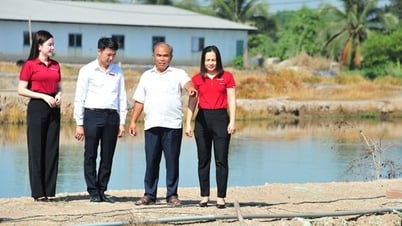
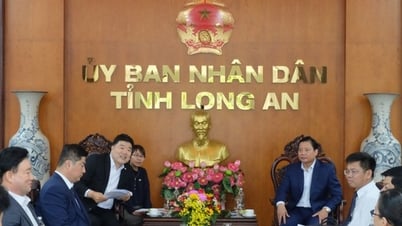

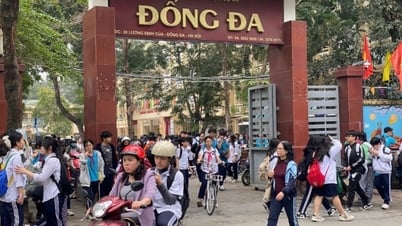









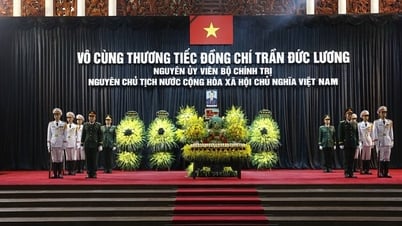
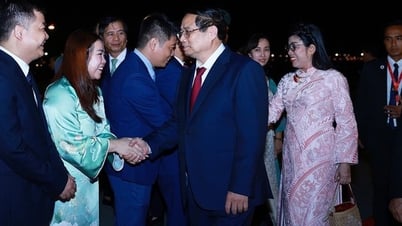

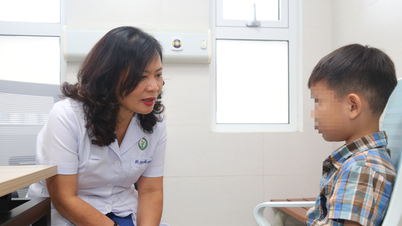




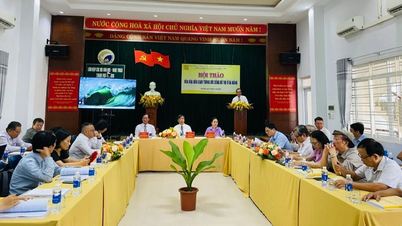

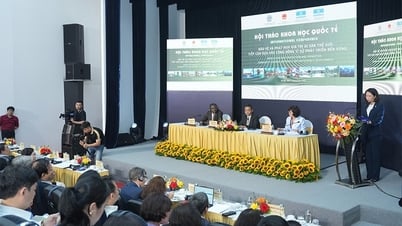












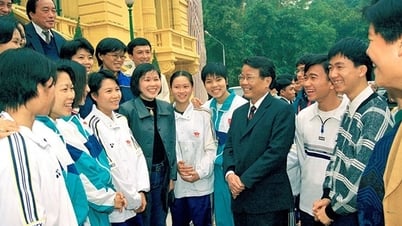






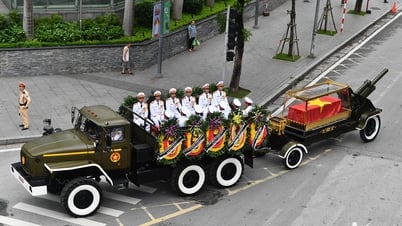


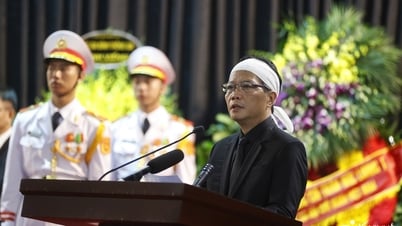
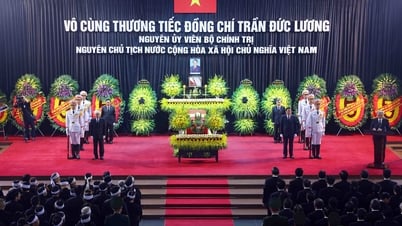
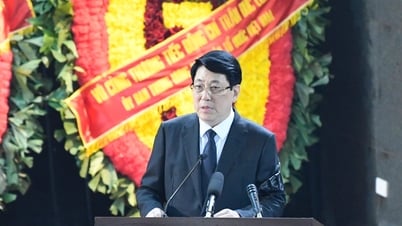










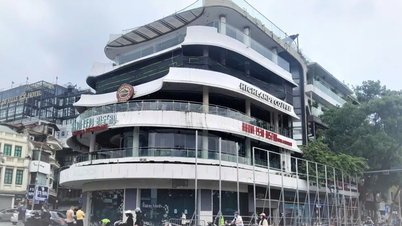

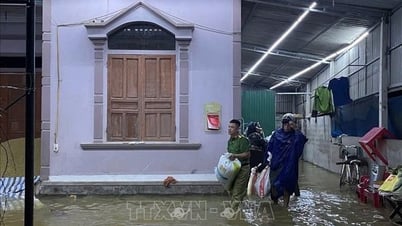

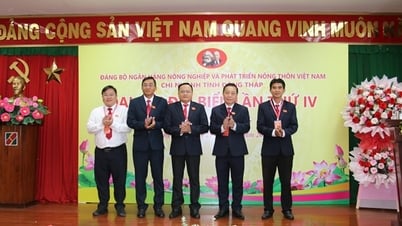
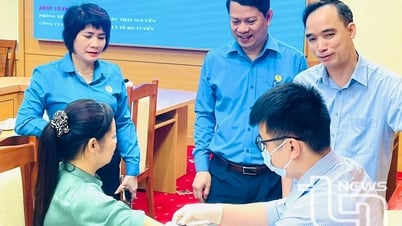
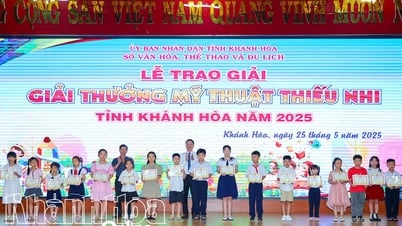



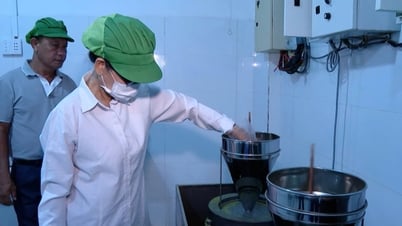





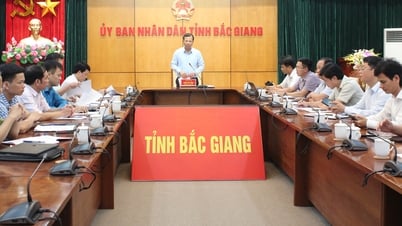

Comment (0)